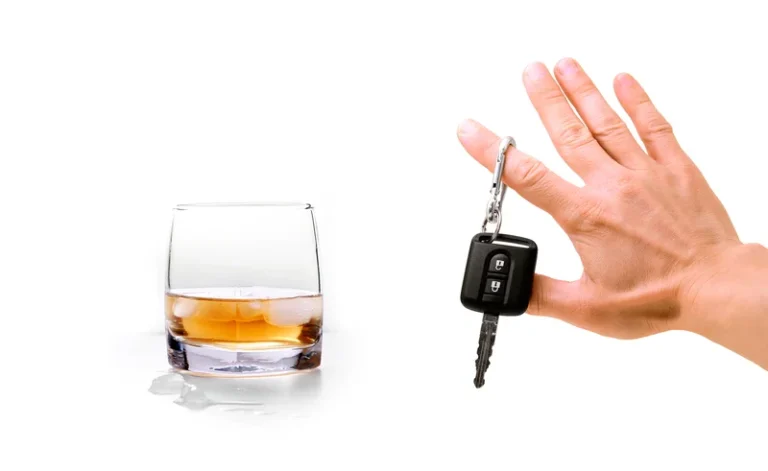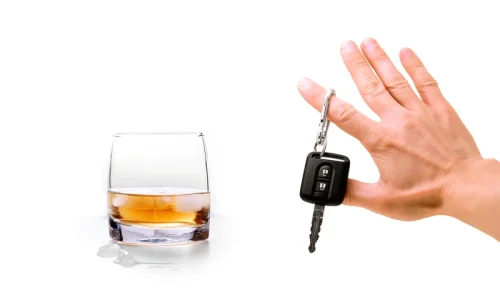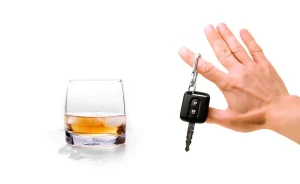
Additionally, the narrative should be balanced between honesty and inspiration. It’s essential to recognize the advantages of social support and accountability during addiction recovery. Finding supportive relationships in the recovery community helps people navigate challenges, gain strength from shared experiences, and form a foundation for lasting sobriety. Storytelling is key for making connections and helping with addiction recovery. Sharing stories with the recovery community can help form sober friendships, as well as provide encouragement, validation, and motivation. These stories can influence attitudes, behaviors, and actions, offering guidance to those in need of recovery.
- It can evoke emotional responses, increasing empathy and raising awareness about addiction issues.
- To help you get started, I’ve found several dos and don’ts you can use as a guide for telling your AA story.
- This will help you determine your audience and the best way to communicate your message.
- If they see someone walking the path, it may not seem as overwhelming to take the first step themselves.
- The emotional connection created through stories offers a unique perspective that traditional information-sharing methods may not be able to achieve.
- Daunting though it may be, it’s also important—and not least for those who are in recovery.
Telling Your Story In-Person or Online

Life lessons from stories include learning about yourself, developing coping skills, and making a support group. That can change their views, behavior, and reaction to addiction and recovery. You can even use stories as a marketing tool for rehab centers and treatment programs. It encourages and motivates others in recovery, and it helps your own healing.
The Role of Misinformation
This person may want your advice or just need someone to connect with. Sharing recovery stories needs a balance between truth and inspiration. Acknowledge the hard times while providing hope and motivation for others. By talking about their triumphs and struggles of recovery, individuals can motivate others to find help and strength. There is much talk about stigma as it pertains to mental health issues; whether it is substance abuse or an eating disorder, our culture has long preferred to simply not talk about it. While some substantive efforts aim to break down the stigma, the fact remains that discussing these things aloud can sometimes be rather daunting.
Do: Let Your Emotions Show
In conclusion, storytelling plays a major role in addiction recovery by providing therapeutic benefits, and breaking down stigma. By sharing personal experiences, individuals can find healing and support, and also inspire others to seek help and believe in the possibility of recovery. Rehab centers, treatment programs, and beyond should use storytelling to promote healing and remove barriers to recovery. Sharing individual recovery stories can help people connect with others who have gone through similar situations for support and encouragement.


To say that addiction is isolating experience would be an understatement. Those who develop addictions are frequently overwhelmed by loneliness and isolation. Sharing your recovery story breaks through that isolation by offering a sense of community and understanding. It is important to assess both the past and the present when sharing your story and making your recovery story outline. The past can trigger some people, so only share what feels to be the most helpful in the present moment.

Storytelling is a great marketing tool for rehabs and treatment programs. People can share their success stories, which not only promotes these facilities, but also gives hope to those fighting addiction. When considering sharing a personal recovery story, it is important to think about the timing and emotional stability. Support groups and sponsorship can provide guidance and understanding during this process. It is important to be honest but also inspiring, so people can understand the struggles sharing your story in recovery and be amazed by the strength needed to overcome them.

A Time to Heal: Family Interventions
It captivates readers by drawing them into the narrative and making them part of the journey. Without being willing to share those experiences, people may never heal and grow. Storytelling is an excellent way to connect authentically with others in the recovery community. The vulnerability allows people to validate how they feel about their diagnosis and circumstances. Openly expressing struggles and successes makes it easier for people to see the connections between their thoughts and behaviors. Storytelling is very important for affirming and valuing one’s own recovery process.
Affirming and Valuing One’s Own Recovery Journey through Storytelling
It is also about the people who have supported you along the way. Be sure to acknowledge your entire support system in your story. This includes your family, friends, therapist, sponsor, 12-step group, and anyone else who has helped you on your journey. These people have played a vital role in your recovery, and their support should be recognized.

